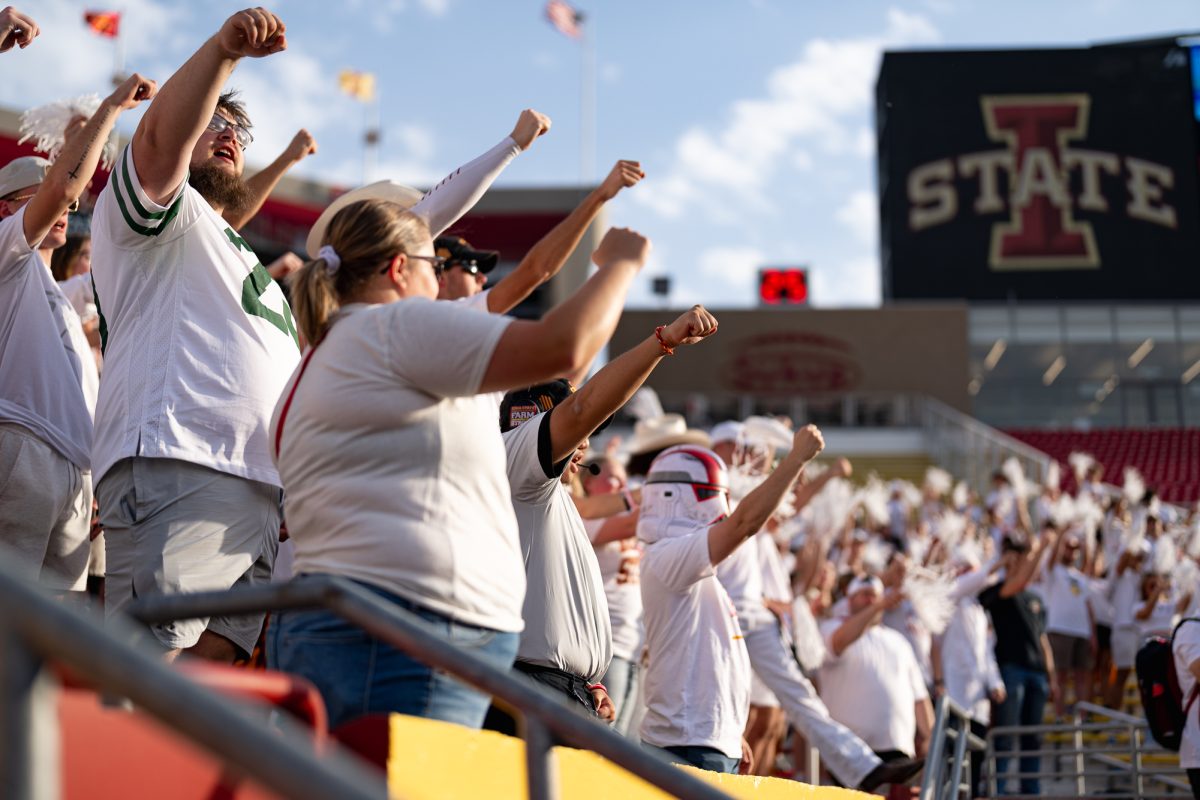Time change slows some ISU students
April 7, 1999
The change from standard time to daylight-savings time has some students dragging, but Nancy Corbin, assistant director of Counseling Services at Iowa State, says it’s mostly just in their heads.
“The fact that the time change affects some people may be just a perception. There hasn’t been any research to prove it that I am aware of,” she said.
Most people seem to feel better within a couple of days due to longer days and more sunlight, she said.
Danny Rackow, senior in exercise and sport science, said getting used to the time change wasn’t easy for him or members of his 11 a.m. class on Monday.
Attendance was sparse, he said.
“I’m used to getting up early, so it didn’t bother me as much, but I did have to take a nap Sunday afternoon [after the time change],” Rackow said.
However, he said he didn’t go to bed an hour earlier to make up for the hour loss.
“It’s tough because you are used to going to bed at a certain time, and you are going to bed at the same time, but it’s not that time anymore,” Rackow said.
Corbin said the best way to combat sluggishness resulting from the spring forward time change is to treat it like jet lag.
“Eat healthy, don’t drink excessive amounts of alcohol, drink plenty of fluids, get some exercise and get some rest to get caught up,” she said.
Corbin said no research has been conducted linking the time change to Seasonal Affective Disorder (SAD) or depression and anxiety.
“Depression and anxiety are separated from [the time change],” she said. “It has a lot more to do with what’s going on in your life at the time.”






